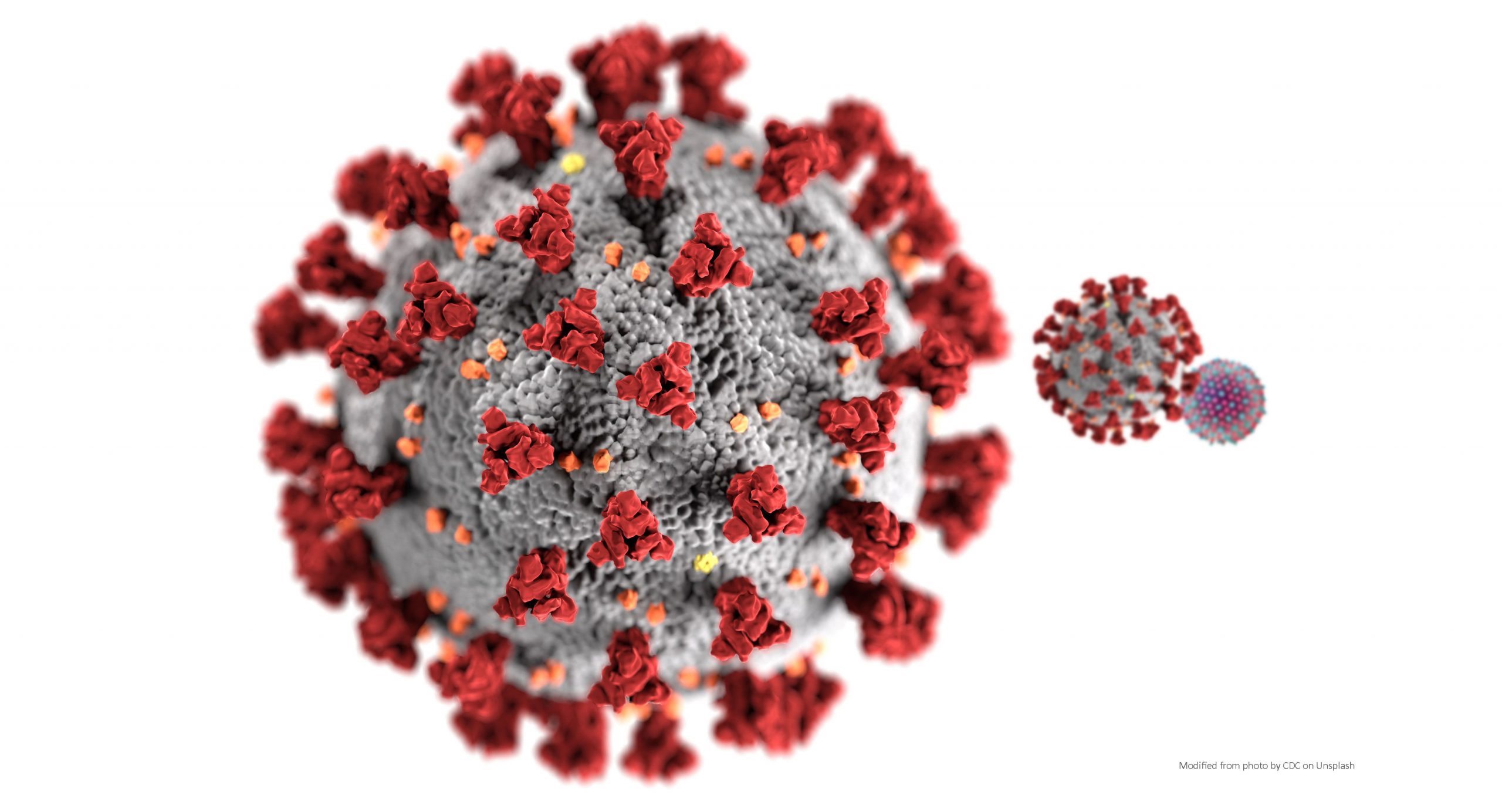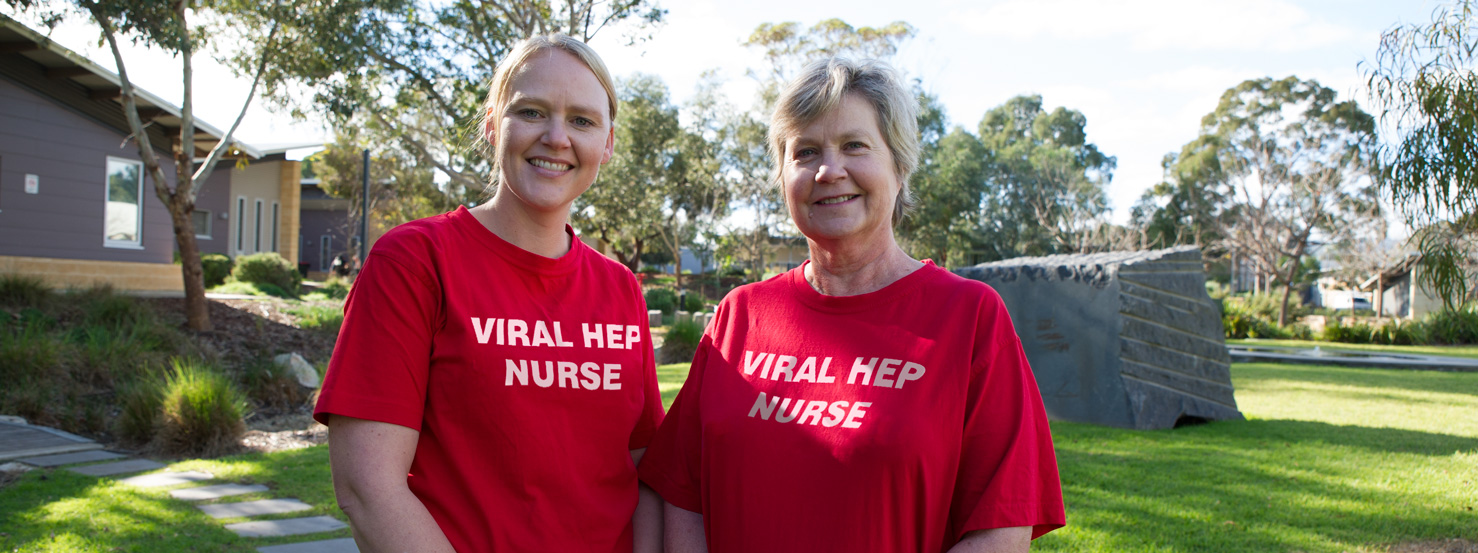What are the risks of coronavirus COVID-19 for people living with hepatitis B or hepatitis C? People with weakened immune systems (e.g. people on immune suppressing medications, people receiving cancer treatments), older people especially those aged over 70 years, Aboriginal and Torres Strait Islander people and people with chronic medical conditions are particularly at risk from the effects of COVID-19.
Tag: hepatitis C
Talk to a Nurse
South Australia’s Viral Hepatitis Nurses are clinical practice consultants who work with patients in the community, general practice or hospital setting. They provide a link between public hospital specialist services and general practice, and give specialised support to general practitioners (GPs) to assist in the management of patients with hepatitis B or hepatitis C.
Why are a small group of people born immune to hepatitis C?
Virologist Connor Bamford and Professor John McLauchlan, both of the University of Glasgow, explain to the Hepatitis SA Community News how their research shows that not all people are equally vulnerable to hepatitis C.
The hepatitis C virus (HCV) infects around 1per cent of the human population and is a devastating pathogen. In most people, it silently infects the liver for decades, and can cause life-threatening inflammation, scarring and even cancer. How the virus achieves this feat has long puzzled scientists.
Continue reading “Why are a small group of people born immune to hepatitis C?”
New guidelines mean more freedom for healthcare workers living with BBVs
New national guidelines endorsed by the Australian Health Ministers’ Advisory Council have been released in January 2019 for healthcare workers who perform exposure-prone procedures, and for healthcare workers living with a blood-borne virus (BBV).
These are the Australian National Guidelines for the Management of Healthcare Workers Living with Blood Borne Viruses and Healthcare Workers who Perform Exposure Prone Procedures at Risk of Exposure to Blood Borne Viruses.
Continue reading “New guidelines mean more freedom for healthcare workers living with BBVs”
Reaching Out to Baby Boomers
Hepatitis Australia is currently developing a campaign to reach baby boomers and other community groups who may have been missed in past hepatitis C awareness raising efforts.
Almost eight out of ten people living with hepatitis C are not current injecting drug users. Although the majority of Australians who acquire hepatitis C did so through unsafe injecting, 67 per cent (124,590) of them are no longer injecting drug users.
Close to 230,000 people were living with hepatitis C at the end of 2015. Of these, 25,000 (11%) were born overseas in regions of high prevalence and almost 16,000 (7%) contracted the virus through transfusion of unscreened blood and blood products, unsterile medical procedures, or mother-to-child transmission.




